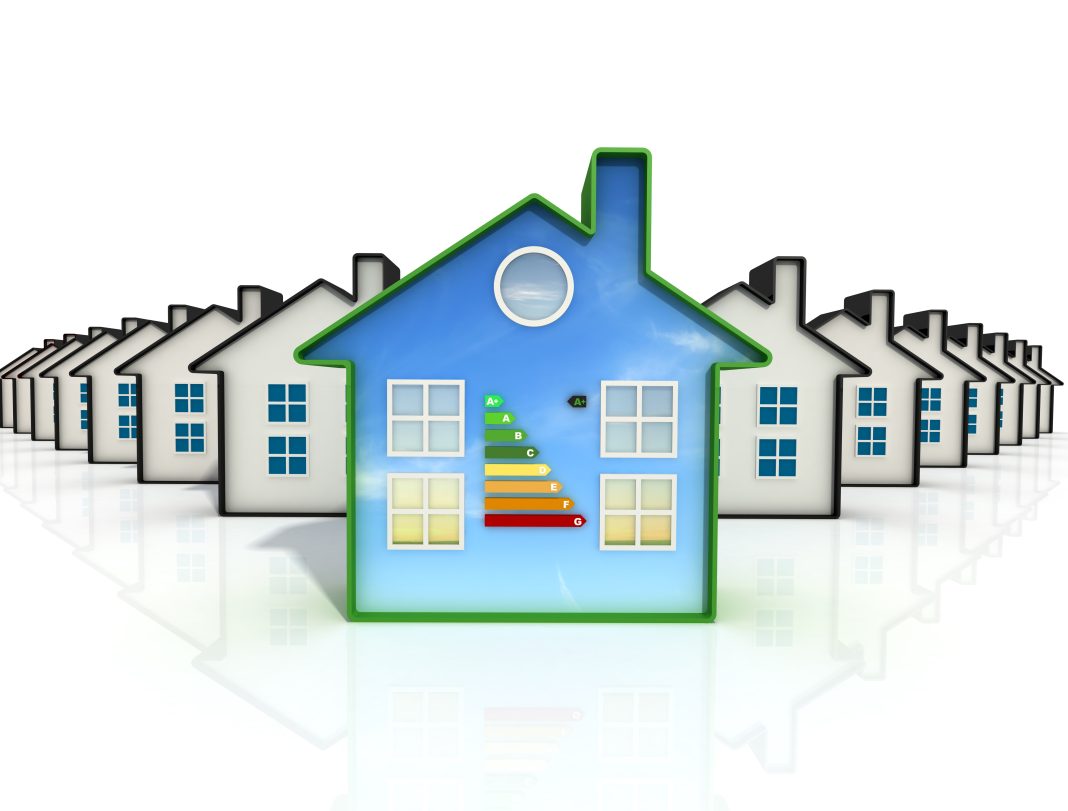Financial literacy is the cornerstone of financial success. The more you know about managing your money well, the better decisions you’ll make and the more benefits you’ll see — particularly when it comes to homeownership.
Buying a home can be one of the most strategic wealth-building steps you can take. But understanding financial basics and establishing smart money habits are crucial to using your home to build your financial legacy.
What is financial literacy?
Financial literacy refers to having the skills and knowledge needed to make smart decisions about your money in all aspects of your life, including:
- Money management and budgeting
- Homeownership
- Savings
- Investing
- Estate planning
What does financial literacy have to do with homeownership?
The road to homeownership begins long before you start looking at houses and before you get preapproved for a mortgage. It starts with your financial habits. And what those habits look like depends on your level of financial literacy.
“A financially literate person usually will ask the right questions and make better financial decisions when purchasing a home.”
KEVIN CHANCELLOR, CERTIFIED FINANCIAL ADVISOR
How your credit score impacts your homebuying options
One of the first things a lender will check when you apply for a home loan is your credit score.
Some loan programs have hard and fast credit score minimums, and the lender needs to ensure you meet those. Other loan options don’t have minimums, making them more accessible. But your lender may set their minimums and use your credit score to gauge whether you’re likely to be a reliable borrower.
Credit doesn’t tell your whole story, which is why lenders look at all facets of your financial life when you apply for a loan. But your credit score indicates whether you pay your bills on time and whether you have responsibly managed your debts in the past.
Your credit score also influences your interest rate. You may qualify for your lender’s best rates if you have good to excellent credit. But if your credit score is low, your lender may see you as a riskier borrower and give you a higher rate.
If you have a low to fair score, though, don’t despair. Some lenders will work with you to increase your credit score via a rapid rescore (where you pay off debts and the lender requests a new score immediately) or a credit improvement plan.
Still, it helps to work on your credit score before you apply for a loan. Paying your bills on time and paying down credit card balances and other high-interest debts can help boost your score and help you qualify for a better interest rate.
How your debt-to-income ratio affects your home loan
Lenders have stringent standards on how much money they will lend you based on your debt obligations. That’s where the DTI comes in. Your DTI is your total monthly debt payments divided by your monthly gross (before taxes) income. DTI includes all your debts, such as car payments, student loans, and credit card bills.
If you’ve got too much debt, creditors see you as having a high credit risk and may deny your loan application. Some loan programs also limit how high your DTI can be, so keeping this number low expands the number of loan products available to you.
You will typically need a DTI of 45% or less for a conventional loan.
Maintaining a low DTI doesn’t just help you qualify for a home loan, though. It can also help you keep the home. When you apply for preapproval, your lender will tell you the maximum amount you can borrow to buy a house.
But that doesn’t mean you need to use that total amount. Buying a home for less can keep your payments manageable, even if you were temporarily out of work or had another financial emergency.
“Before buying a home, you have to consider your budget. How much do you feel comfortable spending monthly for your mortgage?” Bendebba said. “Don’t let an algorithm determine what you can or should spend monthly for your mortgage. You know what you can and can’t afford.”
Then, when unexpected expenses crop up with the house (and they always do), you can pay for them in cash rather than taking on more debt. Having enough money to maintain, upgrade and update your home will add value while ensuring your dwelling is safe and comfortable.

































